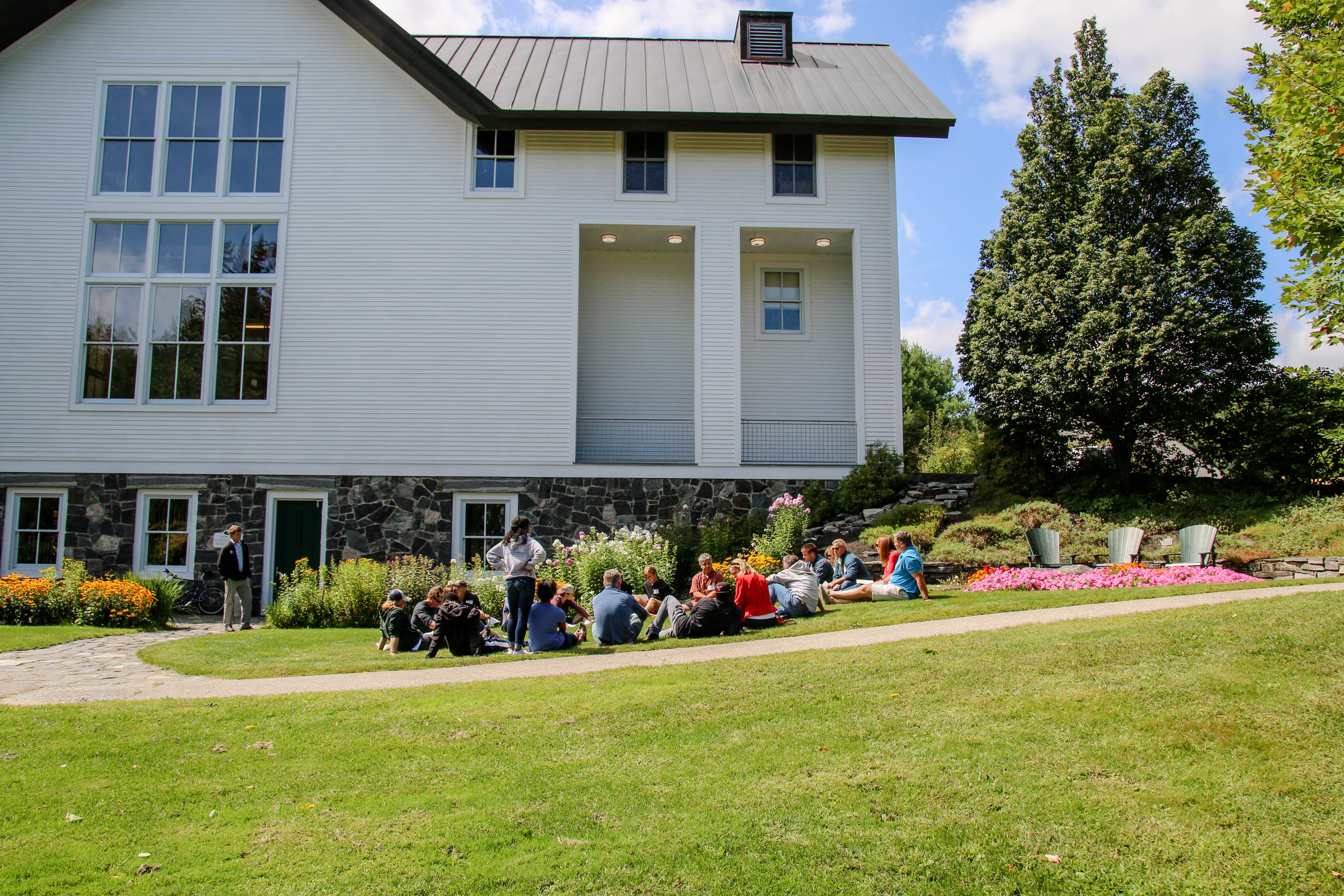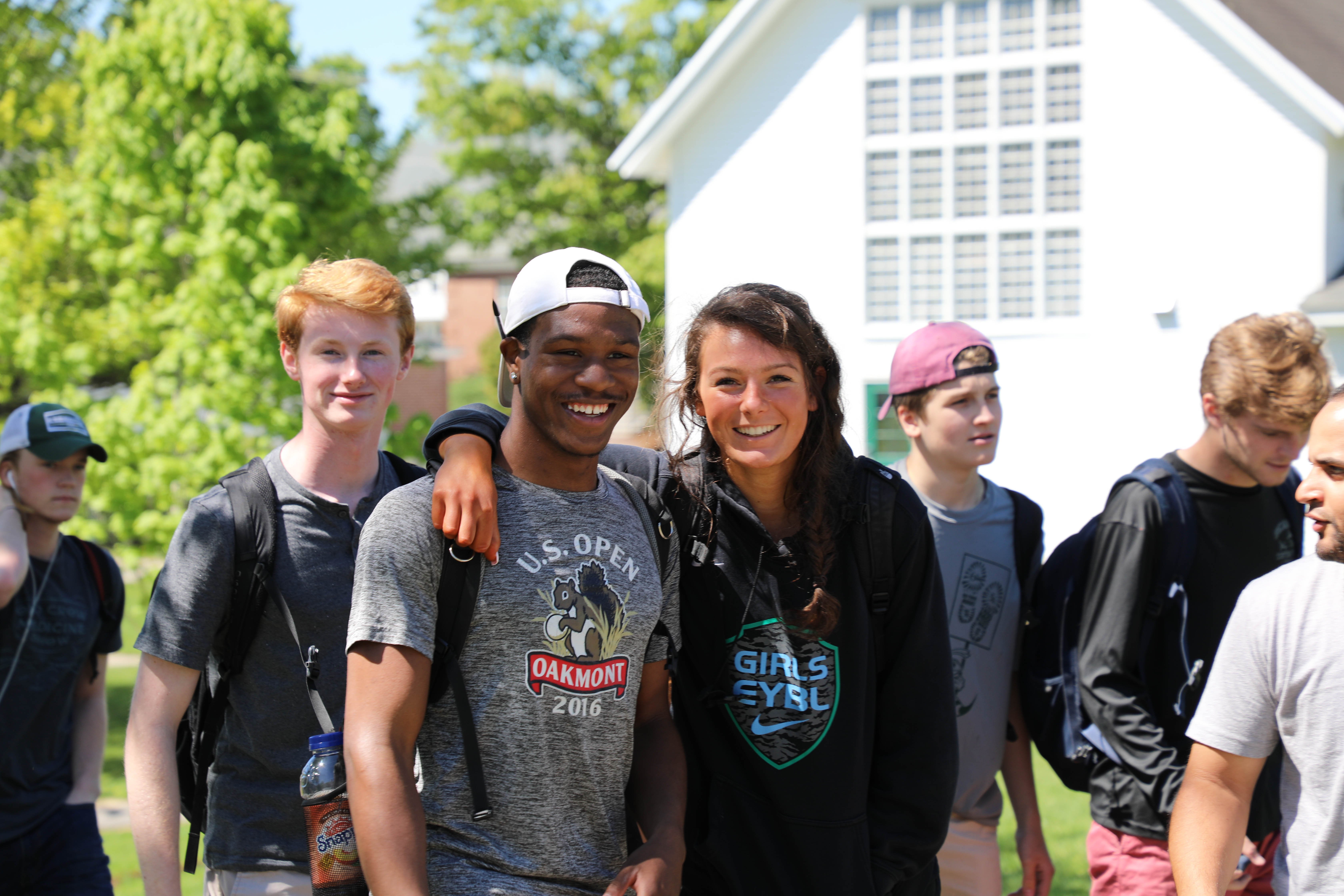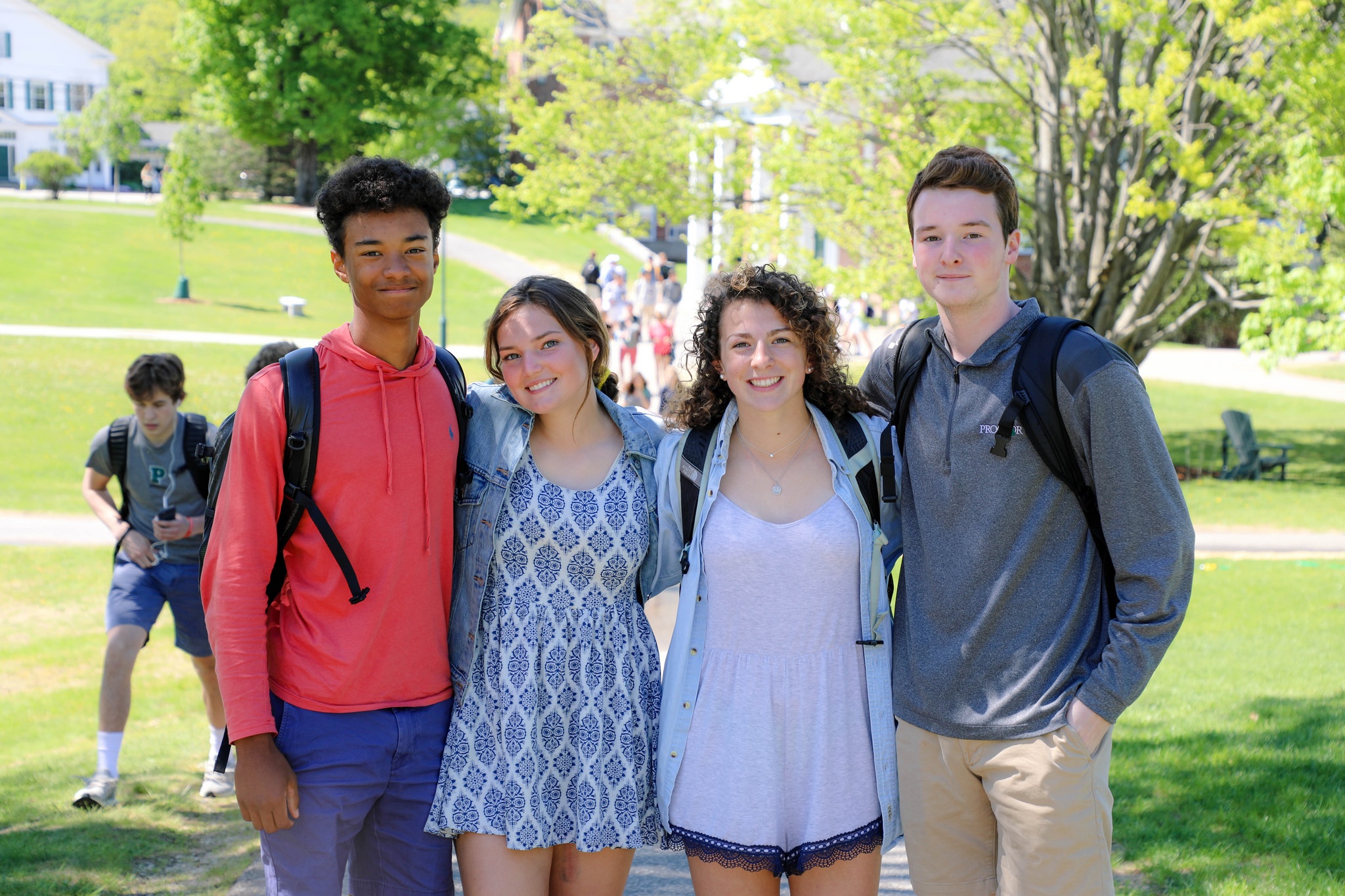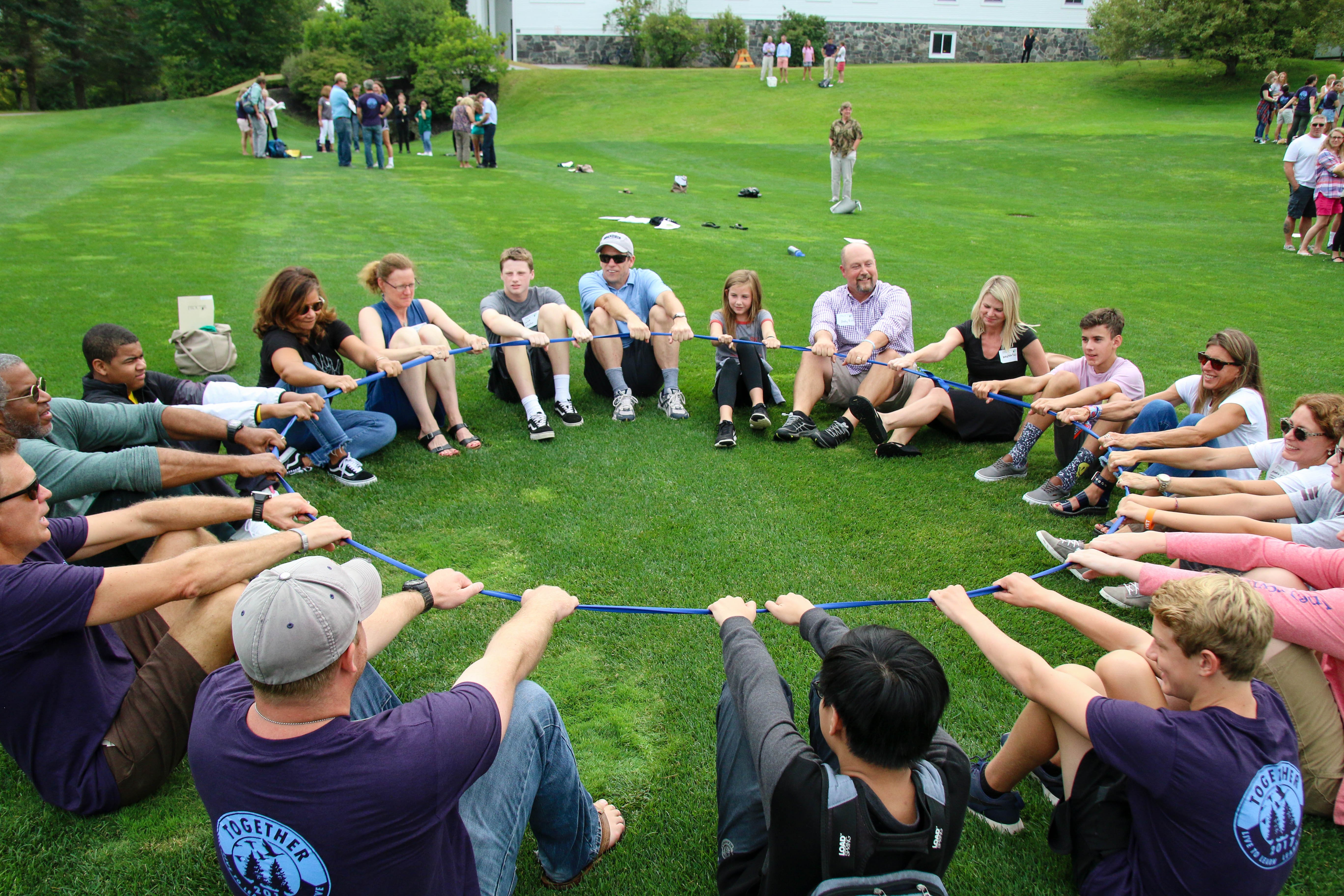Over the course of the last two days, new faculty members have experienced a crash course in life at Proctor as a part of their new faculty orientation. Charged with the impossible task of understanding Proctor’s culture in a few short days, information is shared at a remarkably rate: names, buildings, rules, expectations, best practices, personal experiences. Throughout it all this group has absorbed each tidbit of knowledge with an eagerness and enthusiasm that reminds us that those who step into a community must do so with intentionality.

Thomas Hobbes, John Locke, and Jean-Jacques Rousseau popularized Plato’s notion of the social contract that exists within a governed society through their enlightenment writings of the 17th and 18th centuries, serving as the foundation for the U.S. Constitution and American Revolution. Essentially, a morally justified agreement is made amongst individuals through which an organized society is brought into existence. In order to gain freedoms and benefits society affords, you must sacrifice ultimate freedom to act as you would in a state of nature. We often assume the interaction of a representative legislative body governing society through the will of the people as a given in today’s society, however, we must always be cognizant of the social contract into which we are born, or intentionally choose to enter.

The Proctor community operates within our own micro-social contract. As faculty trickle back to campus from various summer professional development opportunities and other adventures, they find the 2018-2019 Greenbook in their mailboxes. All students (and parents) have also read through and signed off on their agreement to follow this set of rules and regulations compiled, edited, and evolved over the past century. As Dean of Students Drew Donaldson reminds the student body each year, there is a reason for every rule in the Greenbook (and often a pretty epic story, too) and each is in place to help our community run more smoothly. There are no accidents among the rules within the social contract Proctor students, faculty, and staff have agreed to follow.

While there are no major rule changes in this year’s Greenbook, conversations among faculty at end of year meetings in June focused on Proctor’s culture, the amorphous, undefinable creature that requires constant stewardship and defines each of our experiences at this school more than we know. During those meetings we discussed our role in consistently enforcing rules (even ones that are a pain to enforce thus undermining the relationships with our students we believe to be a cornerstone of Proctor’s unique culture), and the role this consistency plays in shaping school culture. Do we really want to fight students over dress code? Phones in assembly and the dining hall? Is it really worth the hassle?

Lively conversation ensued (as it should in any faculty meeting), but the unequivocal response from the adults and student leaders in the community was: yes! Consistency in following the social contract we have established matters. And in fact, our willingness to abide by our social contract strengthens our culture as a school. A school’s culture is incredibly nuanced, far more complicated than printed rules and expectations. It’s about how those rules are communicated, the relationships and trust that evolves through abiding by the mutually agreed upon contract, and the respectful conversations that take place when a social contract is broken by individuals within the community.

As with any human society, the individuals within our Proctor community are fallible. Mistakes happen (especially when you gather 370 adolescents together in one place), and as a school that understands second chances are a critical component of the learning process for all of us, Proctor’s culture is strengthened when we confront and embrace these learning opportunities. As students and faculty begin to arrive on campus for meetings, Wilderness Orientation, Sports Camp, and the start of the school year, we will continuously remind ourselves of our individual and collective responsibility to shape and steward Proctor’s culture into the new year.








